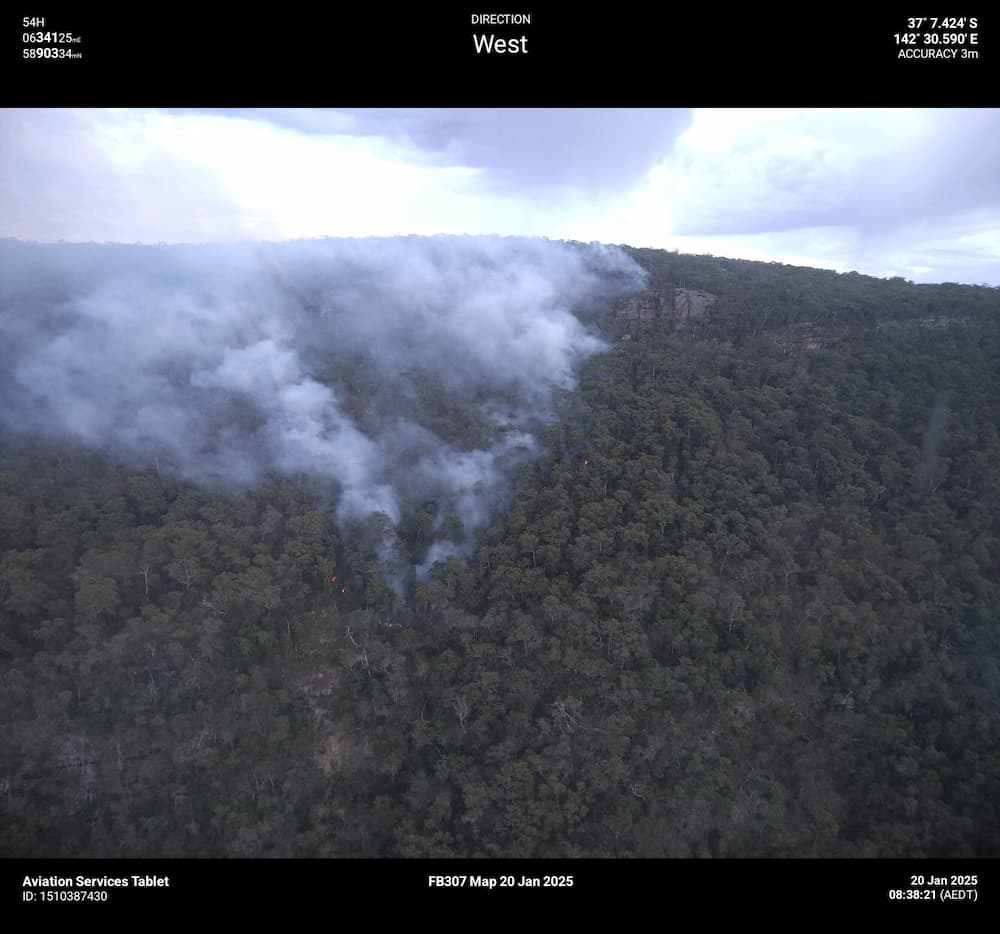Should the family members of deceased organ donors and transplant recipients be supported to share their identities or meet face-to-face if both parties agree?

A Griffith University-led study aims to discover how the broader community feel about identity disclosure with the launch of a nationwide e-survey during Donate Life Week, 28 July to 4 August 2024.
Australian law does not currently permit healthcare professionals to assist with identity disclosure between donor family members and transplant recipients.
School of Nursing and Midwifery PhD candidate Anthony Cignarella said his research findings indicate an increasing number of donor family members and transplant recipients want the choice to disclose their identity and connect, with support from trained professionals.
“Some donor family members and transplant recipients would like greater transparency by sharing more details about their loved ones and themselves,” Mr Cignarella said.
“Knowing their name or seeing a photograph emphasises they are a person with a family and all the qualities that make us human.
“Currently, written communication between donor family members and transplant recipients involves the exchange of written letters via the donation agency where they are screened for identifying information to ensure anonymity is maintained.
“Although the law doesn’t prohibit people from independently pursuing contact, some donor family members and transplant recipients have said they would prefer more support from trained professionals such as the support offered by contact programs in the areas of adoption, and sperm or egg donation.”
By law, healthcare professionals are bound by the principles of confidentiality and are therefore not legally able to provide this support even if both donor family members and transplant recipients consent to identifiable contact.
The Human Tissue Acts (or state/territory equivalent legislation) were enacted more than 40 years ago, and although there have been some minor amendments, provisions about the disclosure of information by healthcare professionals regarding organ donors and transplant recipients have not changed.
“Sometimes laws struggle to maintain pace with evolving social structures and the technological advancement of modern-day society whereby information is more accessible via social media,” Mr Cignarella said.
“I have had the privilege of speaking with many donor family members and transplant recipients across Australia who acknowledge there are risks associated with identifiable contact such as mismatched expectations regarding frequency of contact, fear of rejection, and misaligned values which may result in some level of disappointment.
“However, donor family members also shared identity disclosure might help to reinforce their donation decision by being able to share who their loved one was as a person, and to celebrate their life.
“Some transplant recipients shared identity disclosure would enable them to convey their gratitude in a meaningful and personalised way as an alternative to an anonymous thank-you letter.
“There may still be a risk of psychological harm even if new identity disclosure systems are implemented and managed effectively by trained professionals.
“Having completed preliminary work with donor family members, transplant recipients, and healthcare professionals, this survey is being conducted to canvas the views of the general community.”
The nationwide survey aims to explore the views of the Australian community, regarding contact between the family members of deceased organ donors & transplant recipients and is open to individuals aged over 18 years.
To access the survey, please go to








